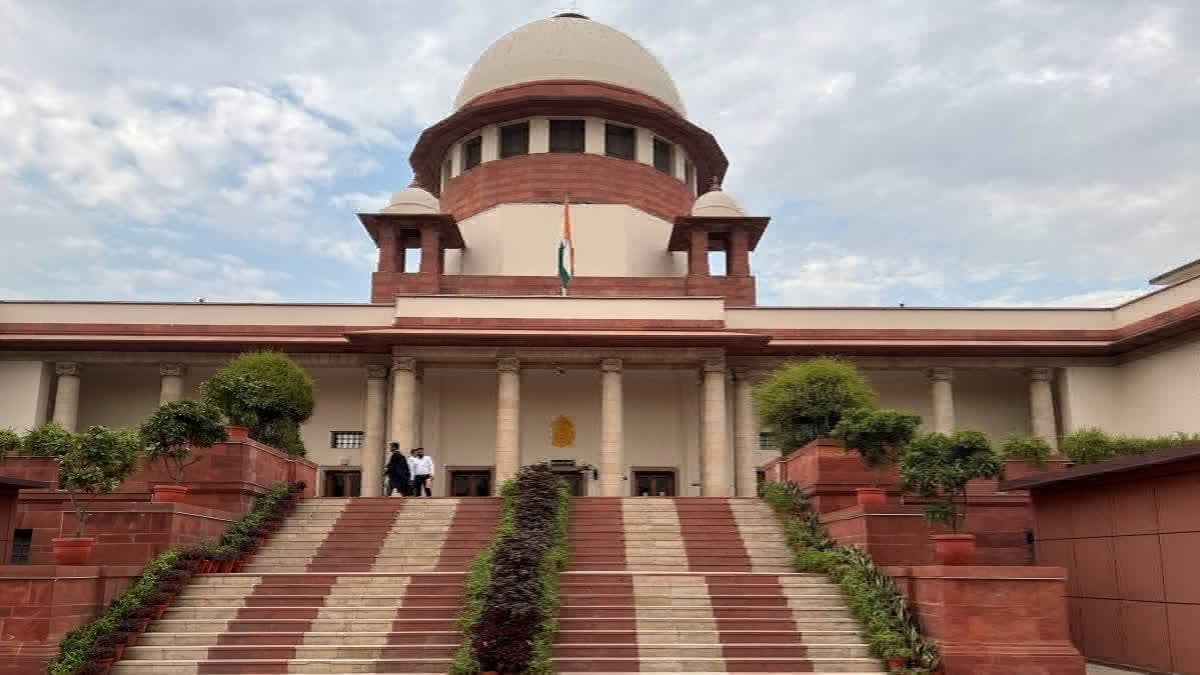New Delhi:The Supreme Court has said that the conditions in which judicial officers across the country are required to work are arduous and financial dignity is must for both working and retired officers, while accepting recommendations of Second National Judicial Pay Commission (SNJPC). The apex court has also issued direction to set up of a committee in each high court to monitor the implementation of recommendations of SNJPC, and stressed that “if the service of the judiciary is to be a viable career option so as to attract talent, conditions of service, both for working and retired officers, must offer security and dignity”.
A bench led by Chief Justice of India D Y Chandrachud and comprising justices J B Pardiwala and Manoj Misra said: “The conditions in which judicial officers across the country are required to work are arduous…..every judicial officer is required to work both before and after the court working hours”.
The apex court said it is a matter of grave concern that though officers in the other services have availed of a revision of their conditions of service as far back as January 01, 2016. Similar issues pertaining to judicial officers are still awaiting a final decision for eight years, it added. “Judicial independence, which is necessary to preserve the faith and confidence of common citizens in the rule of law, can be ensured and enhanced only so long as judges are able to lead their life with a sense of financial dignity”, said the bench.
It added that judges have retired from service and the family pensioners of those who have passed away are awaiting resolution as well. “The post-retirement conditions of service have a crucial bearing on the dignity and independence of the office of a judge and how it is perceived by the society. If the service of the judiciary is to be a viable career option so as to attract talent, conditions of service, both for working and retired officers, must offer security and dignity”, said the bench.
The bench said the state is duty bound to ensure that the conditions of service of judicial officers, both during the tenure of office and after retirement, are commensurate with the need to maintain dignified working conditions.
"The State is under an affirmative obligation to ensure dignified conditions of work for its judicial officers and it cannot raise the defense of an increase in financial burden or expenditure," the bench said.
